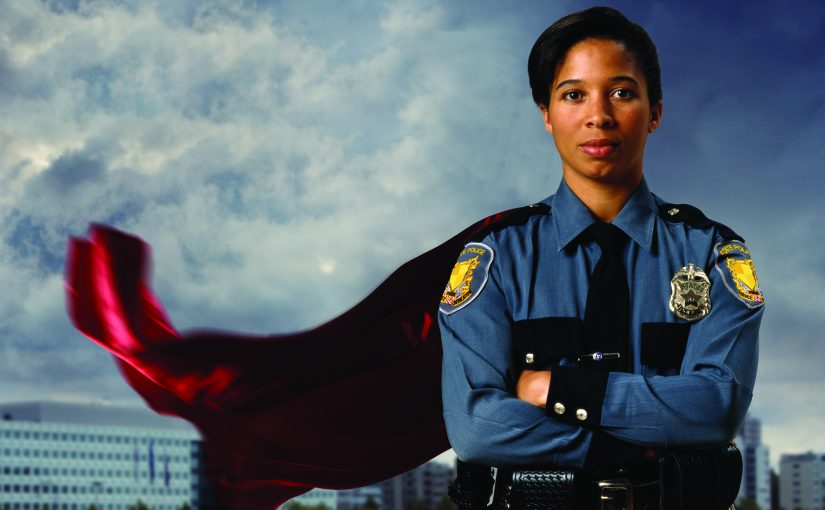
Every law enforcement officer will face stress, adversity, and trauma. One study found law enforcement officers will experience 188 critical incidents over their careers. Sometimes it comes in the form of a single critical incident, such as an officer-involved shooting or vehicle crash. Other times it is the cumulation of years of seeing people at their worst, such as a communication specialist listening to parents cry for help when their baby is not breathing or hearing the gunshot as the caller commits suicide on the other end of the line. Maybe it is the homicide detective making the death notification to the parent of the teenager who has been tragically killed or the sex crimes detective who must watch and document gigabytes of graphic and perverse child pornography to put into the charging document.
Those stressors are what officers face on the job. Then, they go home and face the “normal” traumas of personal life. The death of a loved one, divorce, financial obligations, and even getting married are all top stressors.
So how does one face one’s fears, overcome adversity, and figure out about one’s real identity? How can officers not only survive adversity but emerge stronger than they were before? How do police function in a way that officers can be the real-life superheroes the public needs to stand between them and the evil that exists in the world? The answer lies in resilience.


